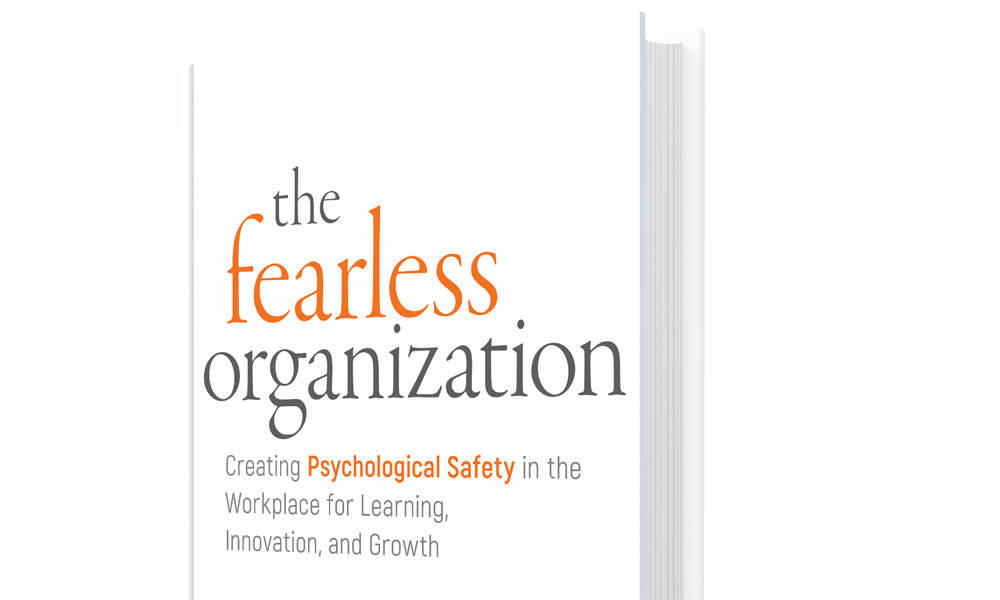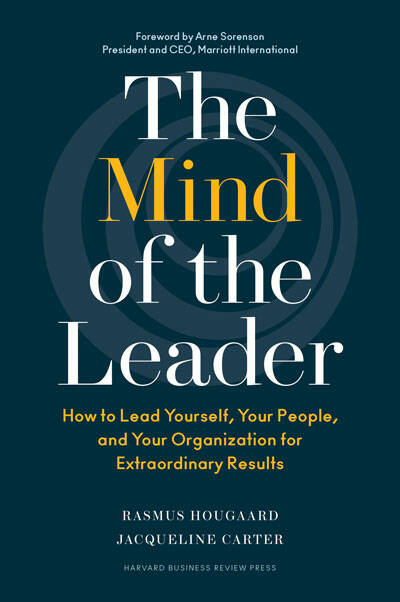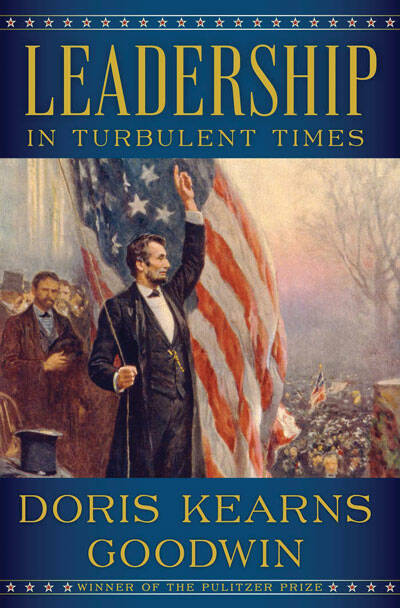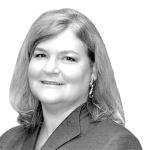
Books: No Fear
In The Fearless Organization, Harvard professor Amy Edmondson makes the case for creating psychologically safe workplaces.
The Fearless Organization: Creating Psychological Safety in the Workplace for Learning, Innovation, and Growth
By Amy Edmondson; John Wiley & Sons; 256 pages; $30
In he Fearless Organization: Creating Psychological Safety in the Workplace for Learning, Innovation, and Growth, Harvard leadership professor Amy Edmondson presents a compelling case for the purposeful development of workplaces where all employees feel comfortable challenging assumptions, identifying problems, and pitching ideas.
In part one, Edmondson explains the science of psychological safety, including the neurology of fear. She turns in part two to the harm created by an “epidemic of silence” in which perceived risks of speaking up stifle people’s creativity and contributions. Examples include NASA’s past failed missions and the failure of so many to speak up about sexual harassment, ultimately giving rise to the #MeToo movement.
Here, Edmondson identifies the growth potential of “fearless organizations,” where extreme candor, transparency, and honest self-assessments unite workers and breed rich conversations that lead to success and constant learning.
Edmondson’s conclusions generate so many questions on practical implementation that she anticipates and addresses them in an excellent FAQ section. Look for guidance on issues such as starting with psychologically safe departments rather than entire organizations, managing “overtalking” in a candor-welcome culture, and balancing transparency with proprietary organizational privacy.
She concludes by outlining a roadmap with the strategies and tactics leaders need to lay the foundation for psychological safety and to ensure people’s participation.
A helpful read for associations seeking efficient, inclusive ways to get work done well.

The Mind of the Leader: How to Lead Yourself, Your People, and Your Organization for Extraordinary Results
By Rasmus Hougaard and Jacqueline Carter; Harvard Business Review Press; 256 pages; $30
Mindfulness has gotten a lot of love in the business world in recent years for its ability to help professionals improve “mental effectiveness,” primarily through disciplined management of their attention and thoughts. In this research-grounded plea for change in the workplace, executive trainers Rasmus Hougaard and Jacqueline Carter argue that the global leadership crisis will be resolved only if organizations “put people first” and create a leadership pipeline centered on mindfulness, selflessness, and compassion, or MSC.
Backed by a study of 35,000 leaders and 250 CEO interviews, the authors examine the employee-engagement problem and detail how an MSC approach has led to long-term success at corporate powerhouses like Marriott, Ogilvy, and LinkedIn.
An excellent how-to with exercises and coaching on presence, awareness, and focus.

Leadership in Turbulent Times
By Doris Kearns Goodwin; Simon & Schuster; 496 pages; $30
In her newest bestseller, Pulitzer Prize-winning historian Doris Kearns Goodwin transitions from biographies of past U.S. presidents to a collective analysis of presidential leadership development and the resulting failures and successes that affected the lives of every American.
Goodwin turns to the presidents she knows best—Abraham Lincoln, Theodore Roosevelt, Franklin D. Roosevelt, and Lyndon B. Johnson—to unveil characteristics that influenced their most momentous decisions during times of great national adversity and discord: Lincoln confronting the succession crisis; Teddy Roosevelt juggling split labor constituencies; FDR struggling under the weight of the Great Depression; Johnson working to forge a new national mindset on civil rights.
These profiles are fascinating, but association readers will find more directly relevant takeaways in Goodwin’s analysis of leadership types (transformational, turnaround, visionary, and crisis management).
A dramatic view of leadership development at the highest levels.






Comments